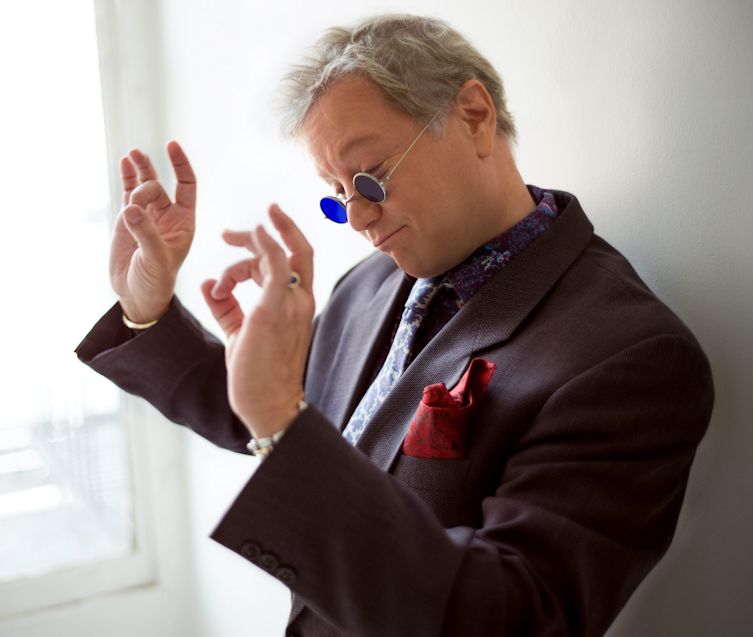

|
A native of Willingboro Township, New Jersey, Mark Adamo (born August 1, 1962) attended Holy Cross High School in Delran Township, New Jersey. He attended New York University, where he received the Paulette Goddard Remarque Scholarship for outstanding undergraduate achievement in playwriting. He went on to earn a Bachelor of Music cum laude in composition in 1990 from The Catholic University of America in Washington, D.C., where he was awarded the Theodore Presser prize for outstanding undergraduate achievement in composition. At New York City Opera, he curated the contemporary opera workshop series VOX: Showcasing American Composers. Adamo served as master artist at the Atlantic Center for the Arts in May 2003. He has directed productions of his Little Women in Cleveland and Milwaukee, both of which were cited as among the best classical-music events of the year by the Cleveland Plain Dealer and the Milwaukee Journal Sentinel, respectively; and he has annotated programs for Stagebill, the Freer Gallery of Art, and most recently for BMG Classics. His criticism and interviews have appeared in The Washington Post, Stagebill, Opera News, The Star-Ledger, and The New Grove Dictionary of Music and Musicians. The journal on his self-titled website was named among the Best Music Blogs by Arts Journal in January 2008. While he has composed the symphonic cantata "Late Victorians," "Four Angels: Concerto for Harp and Orchestra," and six substantial choral works, the composer's principal work has been for the opera house, as the composer and librettist of the highly regarded Little Women. He served as composer-in-residence for New York City Opera from 2001 to 2006, and the company gave the East Coast premiere of his new opera, Lysistrata, or The Nude Goddess, in March to April 2006. Lysistrata, hailed as "a sumptuous love story, poised between comedy and heartbreak" by Alex Ross of The New Yorker, was David Gockley's last commission for the Houston Grand Opera, which gave the world premiere on March 4, 2005. Since its 1998 premiere by Houston Grand Opera, "Little Women" has been heard in over sixty-five international engagements, including a telecast over the PBS series "Great Performances" in August 2001. The opera was given its Asian premiere in May 2005, when New York City Opera's production of the piece was chosen as the U.S. exhibit for the World Expo in Tokyo and Nagoya. State Opera of South Australia gave the Australian premiere at the Adelaide Festival in May 2007, the International Vocal Arts Institute gave the Israeli premiere in Tel Aviv in July 2008, and Calgary Opera gave the Canadian premiere in January, 2010. In January 2009, San Francisco Opera announced that it had commissioned Adamo to compose both the score and libretto for an opera entitled The Gospel of Mary Magdalene, which, in the composers' words, "will draw on the Canonical Gospels, the Gnostic Gospels, and fifty years of scholarship to reimagine the New Testament through the eyes of its lone substantial female character." The company premiered the work on June 19, 2013, with Michael Christie conducting. Adamo has lived with his husband, the composer John Corigliano, in
New York City. The two were married in California by the conductor Marin Alsop in August 2008
(prior to the enactment of Proposition 8). == Names which are links in this box and below
refer to my interviews elsewhere on my website. BD
|
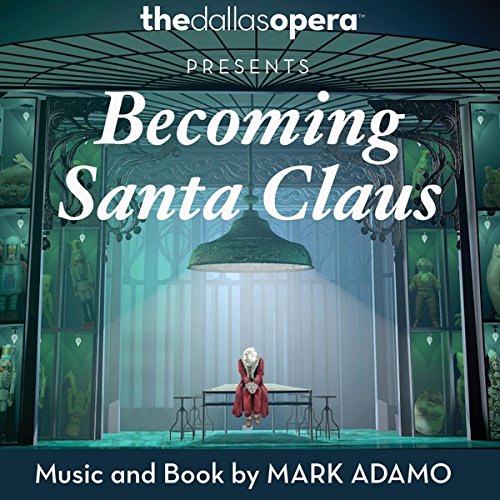
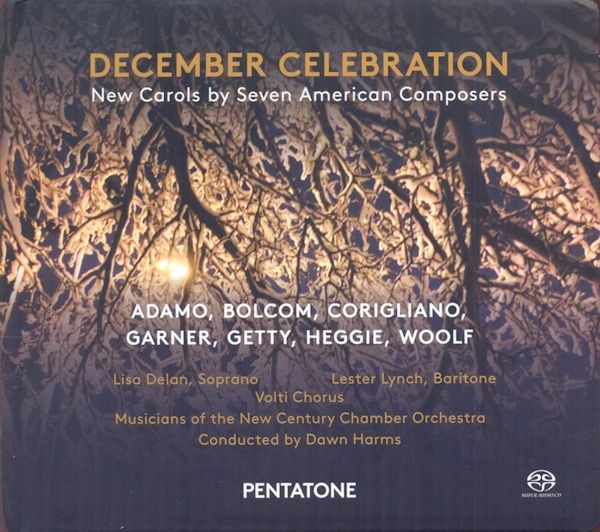
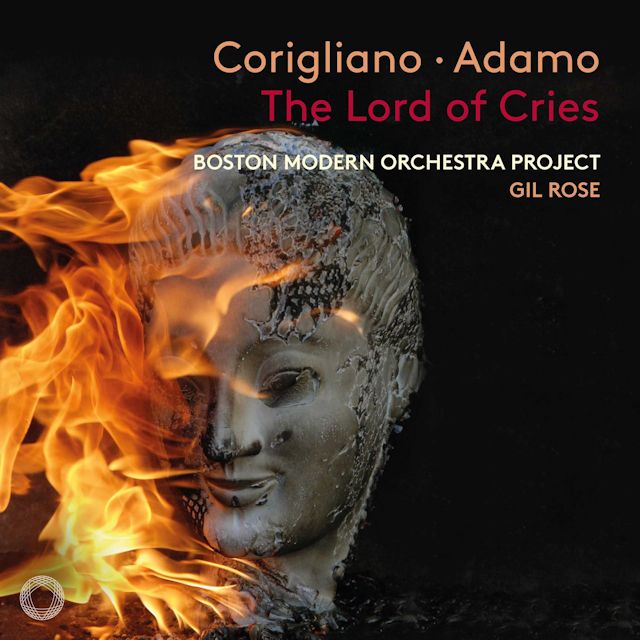
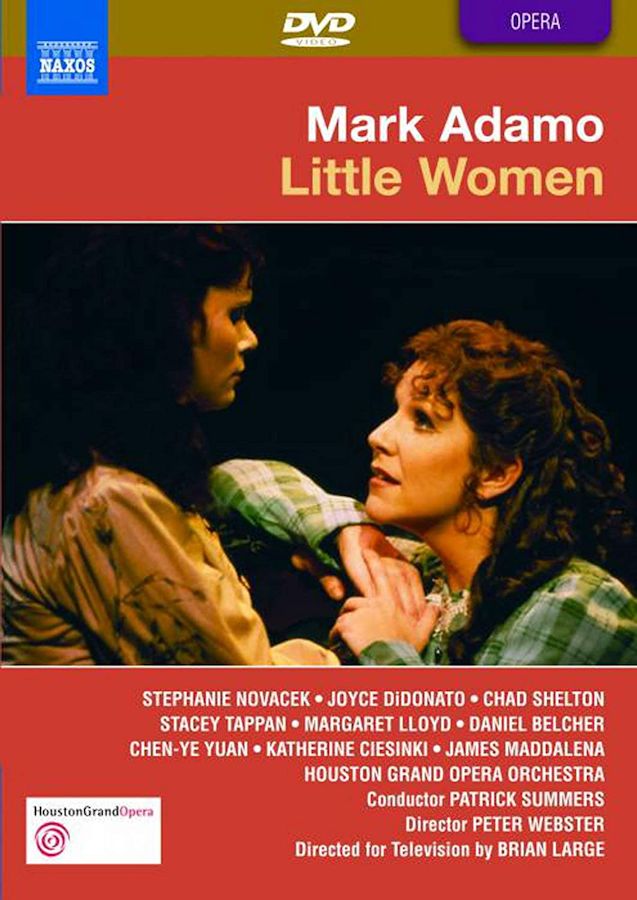
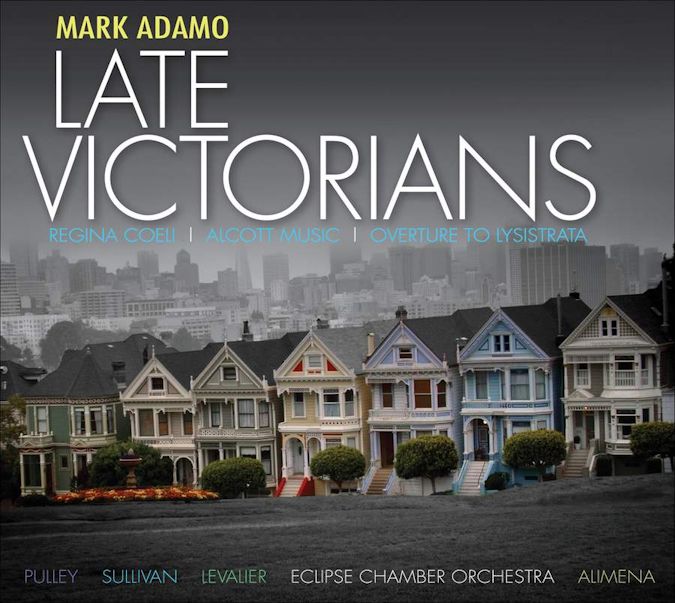
© 2004 Bruce Duffie
This conversation was recorded at Northwestern University in Evanston, Illinois, on May 14, 2004. Portions were broadcast on WNUR two days later. An un-edited copy of the audio was given to the Northwestern University Opera Department. This transcription was made in 2024, and posted on this website at that time. My thanks to British soprano Una Barry for her help in preparing this website presentation.
To see a full list (with links) of interviews which have been transcribed and posted on this website, click here. To read my thoughts on editing these interviews for print, as well as a few other interesting observations, click here.
Award - winning broadcaster Bruce Duffie was with WNIB, Classical 97 in Chicago from 1975 until its final moment as a classical station in February of 2001. His interviews have also appeared in various magazines and journals since 1980, and he now continues his broadcast series on WNUR-FM, as well as on Contemporary Classical Internet Radio.
You are invited to visit his website for more information about his work, including selected transcripts of other interviews, plus a full list of his guests. He would also like to call your attention to the photos and information about his grandfather, who was a pioneer in the automotive field more than a century ago. You may also send him E-Mail with comments, questions and suggestions.